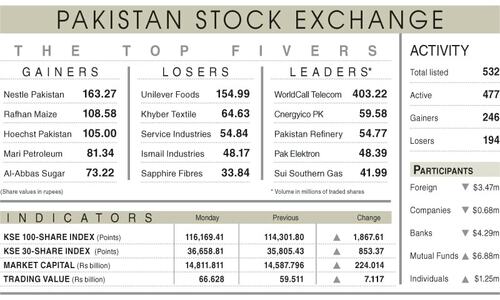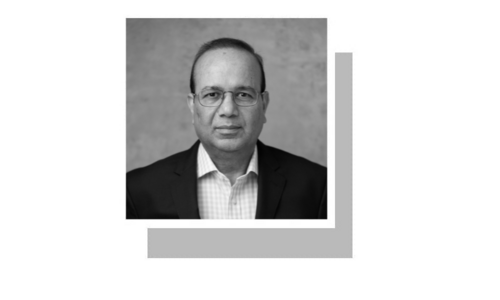KARACHI: Barring foreign investors and multinational companies (MNCs), the State Bank’s decision to cut the interest rate by 200bps to 13pc on Monday disappointed local businessmen expecting a 400-500bps cut in line with a sharp drop in inflation.
While extending a cautious welcome to the policy rate decision, Federation of Pakistan Chamber of Commerce and Industry President (FPCCI) Atif Ikram Sheikh termed it insufficient as the apex chamber had sought a 500bps cut since inflation hit a 78-month low at 4.9pc in November.
He said that bringing the policy rate to a single digit would boost economic activities as overall major indicators showed a positive trend.
However, Pakistan Business Council Chief Executive Ehsan Malik said the cut is consistent with the expectations to keep inflationary and current account pressures in check and support gradual and sustainable growth.
Foreign investors and MNCs laud SBP’s cautious approach
The Monetary Policy Committee (MPC) of the SBP, he said, noted that while headline inflation had fallen below 5pc, the core inflation at 9.7pc is proving to be sticky.
Mr Malik said another consideration is the forward outlook, which would likely limit further expectations of a policy rate cut to 100bps in 2025 to settle at 12pc.
Overseas Investors Chambers of Commerce and Industry Secretary General and CEO M. Abdul Aleem said the SBP decided on merit despite pressure from various trade bodies for a higher cut.
He said the cut should help accelerate economic recovery and further boost trade and industry confidence.
On a contrary note, Karachi Chamber of Commerce and Industry (KCCI) President Muhammad Jawed Bilwani said the policy rate was still too high despite the fifth straight cut since June. The central bank should have slashed it by 500-700bps to catch up with the trend within the region and worldwide. The policy rates in India, Vietnam, and Bangladesh are 6.5pc, 4.5pc and 10pc, respectively.
He said the business community wanted to see interest rates dropping to single digits, as this would encourage borrowing and promote business expansion by lowering the cost of doing business, ultimately benefiting the economy.
He urged a more significant reduction to stimulate economic growth and alleviate the financial burden on businesses and consumers.
He said that the tight monetary policy implemented by the State Bank had led to exceptionally high borrowing costs, causing substantial harm to the economy, particularly affecting the manufacturing sector, hoping that the central bank would reduce the interest rate by at least 500bps in the following review.
“Inflation has not plunged to single digits owing primarily to the SBP’s tight monetary policy, but rather due to the global declining trend in commodities prices as well as international oil prices along with administrative measures taken by the government and improved agricultural production,” he observed.
Published in Dawn, December 17th, 2024














































Dear visitor, the comments section is undergoing an overhaul and will return soon.